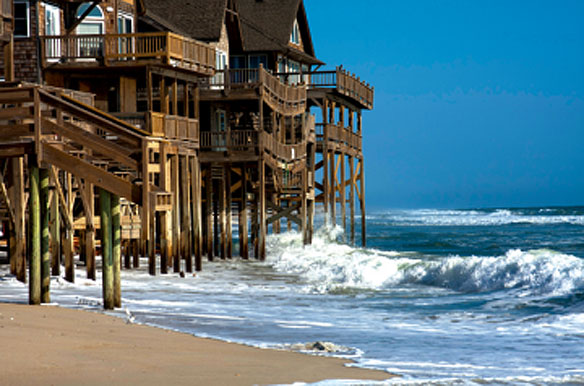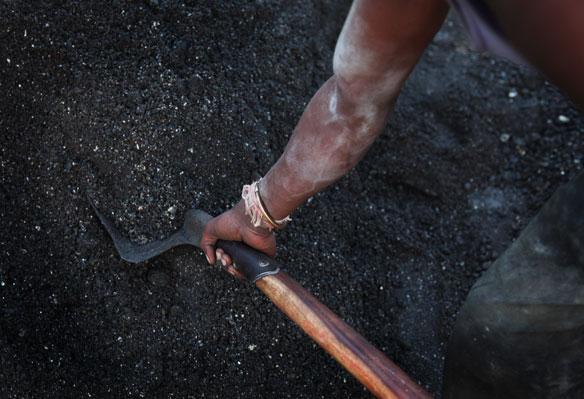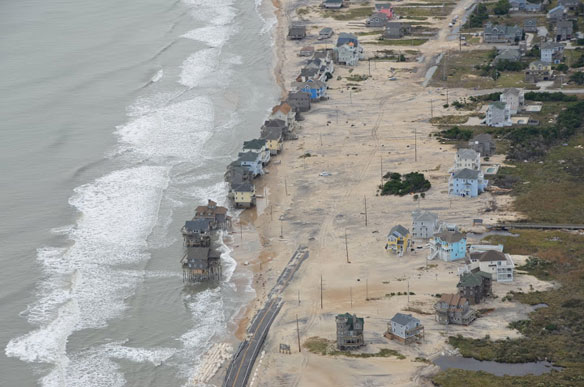Affordable and Accurate Technology to Identify Threats from Sea-Level Rise?

A team of researchers led by Associate Professor Edward L. Webb of the National University of Singapore (NUS) is calling for the global adoption of a method to identify areas that are vulnerable to sea-level rise.
Report Finds 85% of Reefs in the Coral Triangle Are Threatened: Now Available in Bahasa Indonesian

Indonesia is home to 16% of the world’s coral reefs (second only to Australia in total reef area) and the highest reef-associated population in the world, with nearly 60 million people living on the coast near coral reefs. The bahasa Indonesia edition of this report is intended to inform local and national decision-makers of the status of the country’s coral reefs and support coastal management activities in Indonesia.
EPA on Keystone XL: Significant Climate Impacts from Tar Sands Pipeline

In a draft assessment of the proposed Keystone XL pipeline, consultants for the U.S. State Department judged that building it would have no significant impact on greenhouse gas emissions. Why?…
Denying Sea-Level Rise: How 100 Centimeters Divided The State of North Carolina

On the surface, it looks like America is a place where scientists and scientific achievements are held in high regard. However, just below the surface, there is another America. This America is populated by people who, on economic, political or religious grounds, have chosen to reject the consensus of the global scientific community on various topics. By Alexander Glass and Orrin Pilkey.
Java Residents Protest Iron Mine

The push to exploit natural resources is increasingly being matched by resistance from affected communities. After several years of escalating opposition by residents of Kulon Progo, a coastal farming community, to a project to mine iron deposits in the sand beneath their farms, conflicts and arrests concern affected communities.
East Coast Rebuilding, But Vulnerable to Future Sandys

In the aftermath of Superstorm Sandy, local governments are rethinking how to best protect the U.S. coastline from storms and flooding, which appear likely to exert a larger toll as the result of sea level rise and climate change.
More to Melting Glaciers than Meets the Eye

From afar, glaciers and ice sheets appear to be solid blocks of ice, but inside they actually contain a complex system of crevasses, cracks and conduits.
Cutting Specific Atmospheric Pollutants Would Slow Sea Level Rise

With coastal areas bracing for rising sea levels, new research indicates that cutting emissions of certain pollutants can greatly slow sea level rise this century.
No-Smoking Policies and Their Outcomes on U.S. Beaches

Beach litter is harmful and costly in many ways, and the number one form of litter on U.S. beaches is cigarette butts. Campaigns for smokeless beaches have been based largely on environment and aesthetics, but health and economic factors are also important.
